Convolutional neural networks provide stronger predictive performances for pharmacological assays compared to traditional machine learning models.


Convolutional neural networks provide stronger predictive performances for pharmacological assays compared to traditional machine learning models.

Understanding changes to the spike protein’s structure is critical to the development of an effective vaccine.
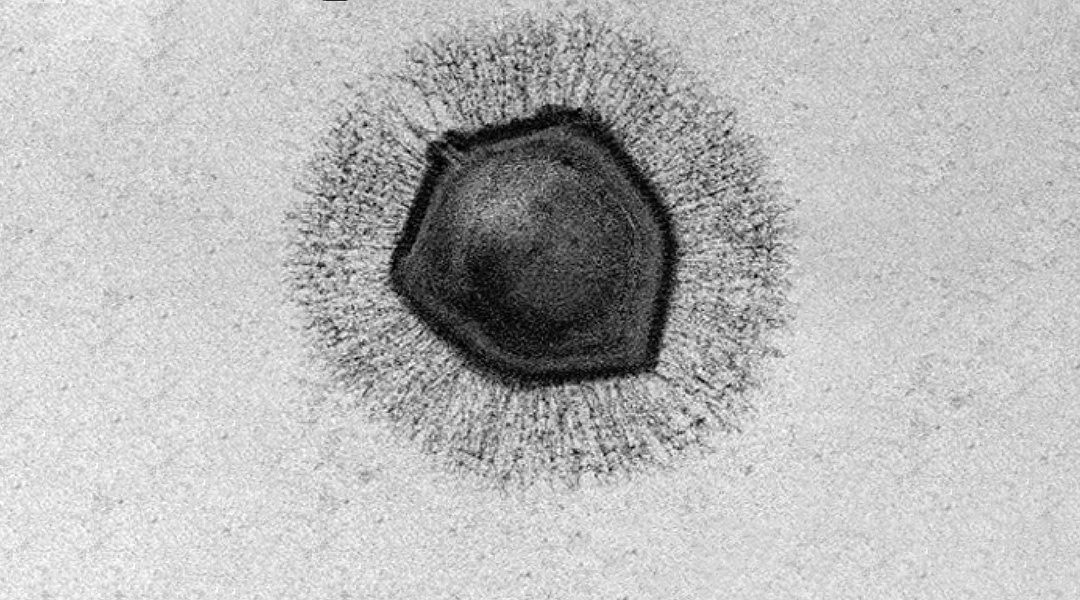
New imaging technique sheds light on the mysterious life cycle of giant viruses.
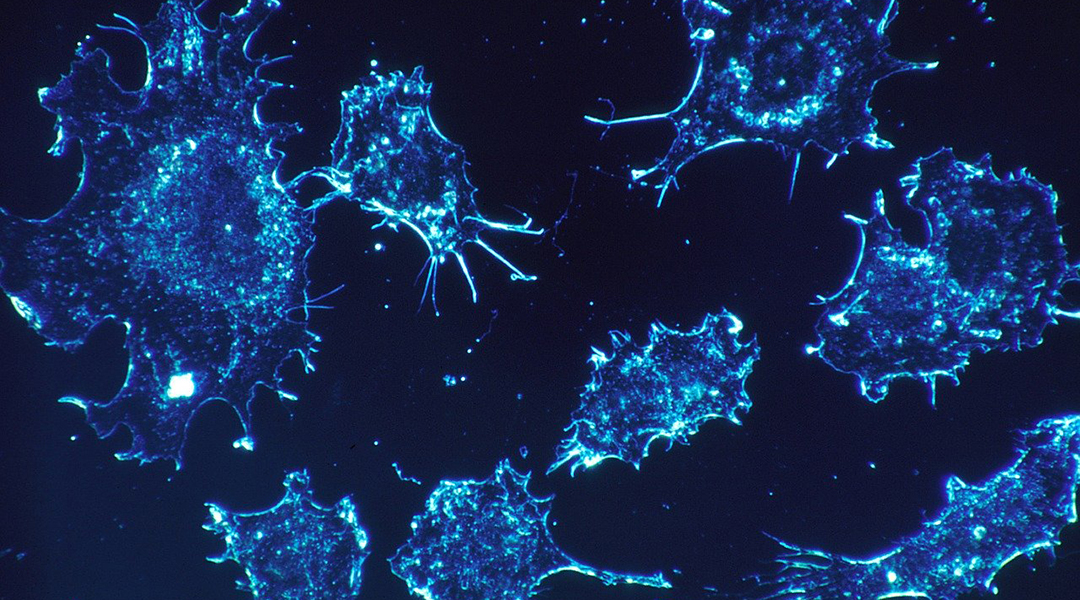
Scientists are finding safer ways to keep drug-loaded microrobots attached to cancer tissue.
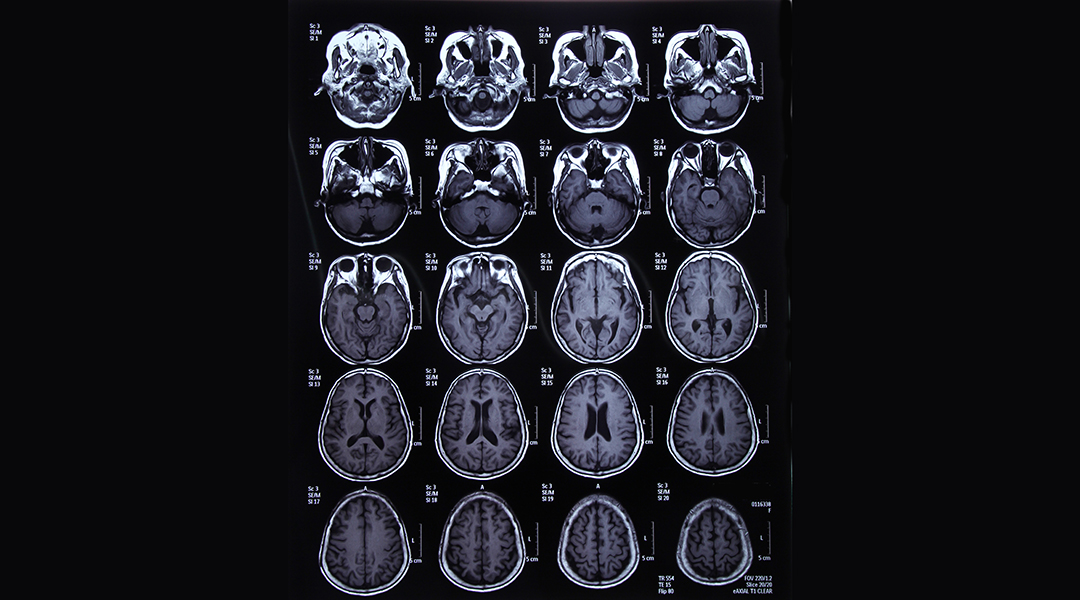
Researchers at Houston Methodist Research Institute discuss how quantitative, non-invasive imaging can aid in developing novel tools for diagnosis and therapy.

Identifying patient-specific response to cancer immunotherapy is urgently needed to maximize therapeutic benefit for as many people as possible.
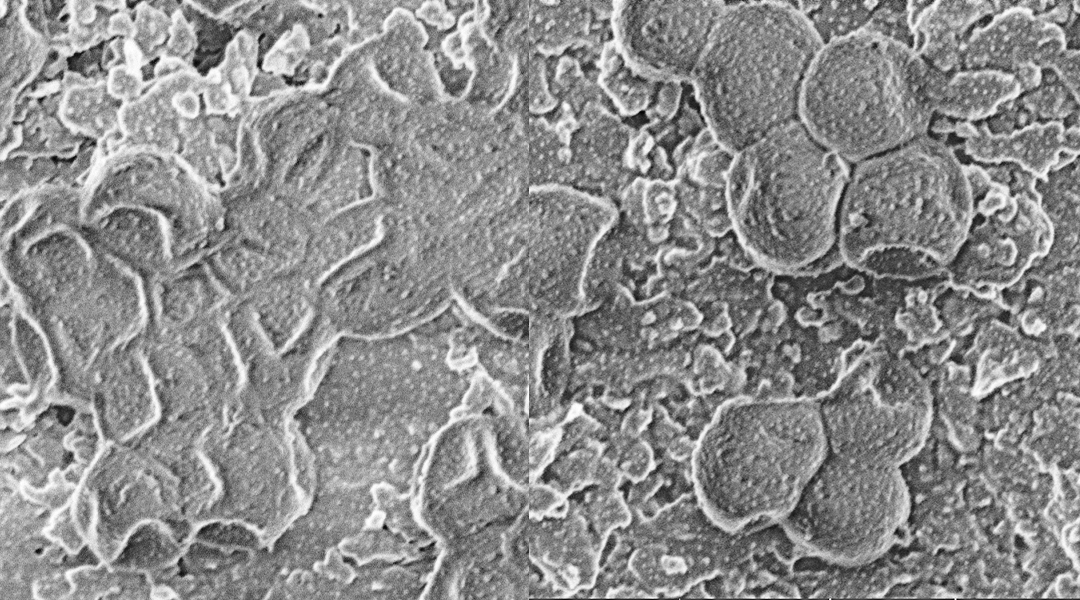
Antibiotic-resistant bacteria are becoming a major global threat. Novel antibacterial nanomaterials offer a solution.
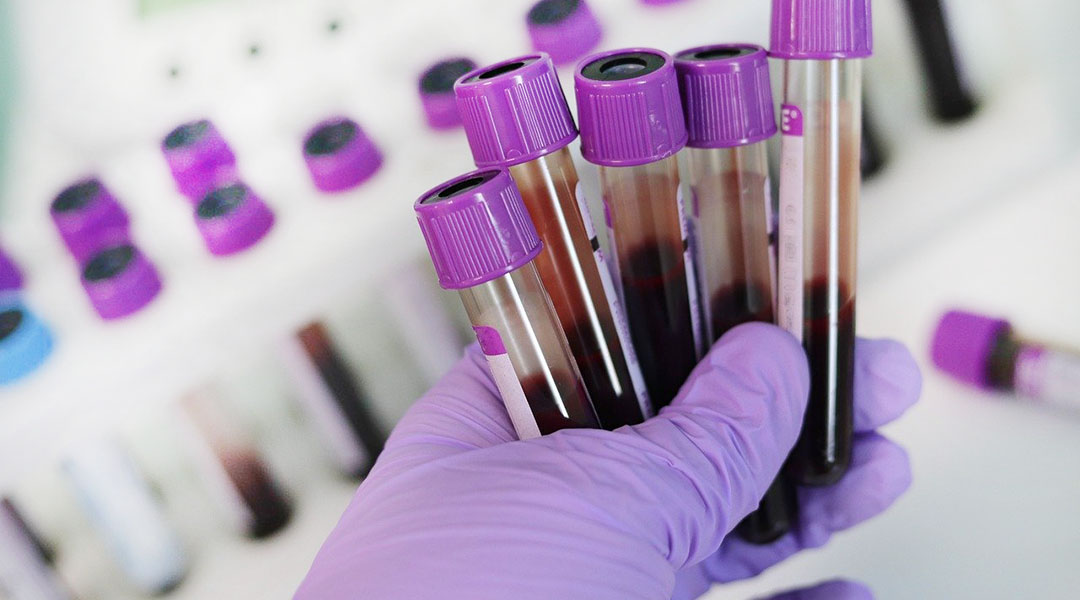
Researchers publish detailed protocol on their new antibody test to be used by researchers and clinicians around the world.
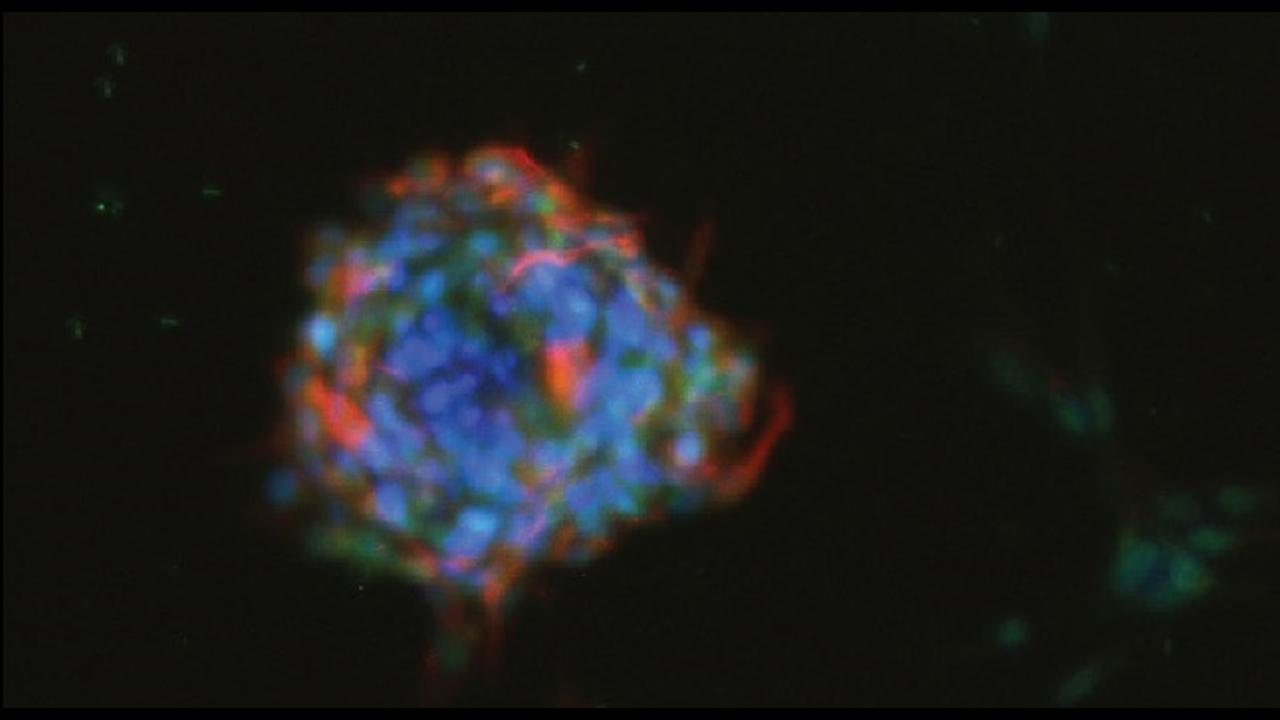
A platform with a unique hierarchical nanoridge-in-microridge structure supports the rapid growth of neural cells.

Hyperspectral imaging has the potential to better detect skin cancer to improve the survival rates of patients.